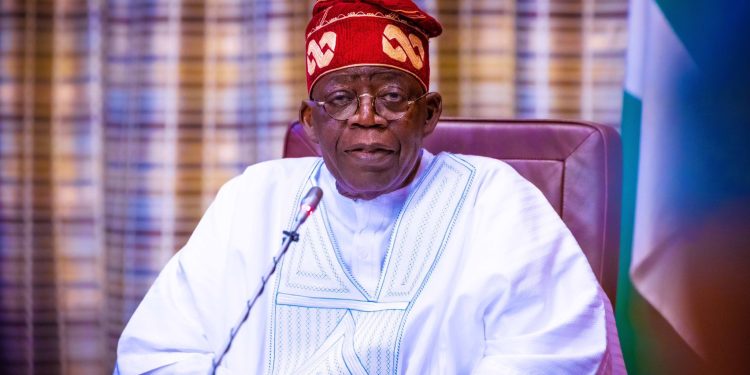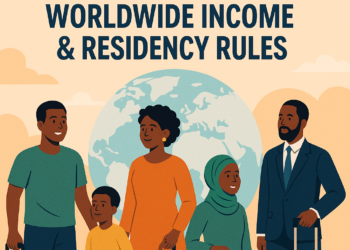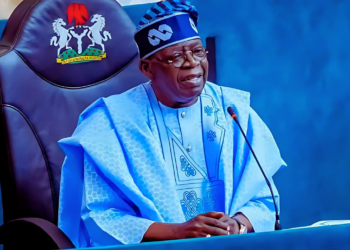President Tinubu’s administration has taken a distinct path in contrast to the previous regime led by President Buhari, as evident from its approach to the economy and public disclosures.
Notably, President Tinubu had once praised Buhari’s government, but his current actions reflect a significant turnaround and reveal a stark reality about the inherited economic challenges.
The administration, under President Bola Tinubu, has chosen a route that differs from the methods adopted during President Buhari’s term.
Unlike the previous administration, President Tinubu’s government emphasizes a shift from relying heavily on borrowing to fix economic woes. Transparency, accountability, and honesty are the cornerstones of this new approach.
In a recent briefing after the inaugural Federal Executive Council (FEC) meeting led by President Tinubu, Wale Edun, the Minister of Finance and Coordinating Minister of the Economy, highlighted the state of the economy.
These disclosures contrast with President Tinubu’s earlier praise of Buhari’s government. While praising Buhari, he now acknowledges the grim reality of inherited high unemployment rates and soaring inflation.
This shift in approach and openness may underscore President Tinubu’s commitment to a different course of action. His government aims to prioritize economic revival and address the long-standing economic challenges head-on.
What President Tinubu’s Ministers Said
Unfavourable Economic Conditions: When asked to elaborate on the existing economic conditions, Minister Edun highlighted the alarming figures:
“We met a bad economy, but Mr. President promises to make it better. Per capita had fallen steadily, inflation is at 24%, unemployment is high, you know they are rebasing how it’s calculated. Either way, it is high and youth unemployment is even unacceptably high, these are the key metrics that we have met.”
Government’s Stance on Borrowing: Minister Edun stressed that the government is currently not considering borrowing as a solution.
Instead, the focus is on creating an environment that encourages both local and foreign investors to contribute to increased production and investment.
Dr. Doris Anite, the Minister of Trade and Investment, emphasized the President’s commitment to generate 50 million jobs.
Aiming for Economic Revival
President Tinubu has urged his cabinet members to prioritize economic revival and improve the living conditions of the populace. This directive was given during the council meeting, where the “Roadmap for the economy” presented by the Minister of Finance was discussed.
The council recognized the need for improvement and identified key areas for progress over the next three years. President Tinubu has charged his ministers with formulating policies and programs to rejuvenate the economy.
Toward a Brighter Future
Two weeks prior, Senator Adams Oshiomhole had hinted at the dire economic situation inherited by the Tinubu administration. Steps taken by the current government are seen as the initial strides to reinvigorate the economy.
The administration faces critical tasks such as reducing Nigeria’s debt burden, addressing unemployment, and stimulating economic growth. As the nation looks ahead, these initiatives aim to shape a more prosperous future.
The challenges ahead include grappling with Nigeria’s debt burden, fostering job creation, and driving economic growth. As the administration works to reshape the nation’s economic landscape, it confronts the complexities left behind by the previous regime while steering toward a more promising future.












